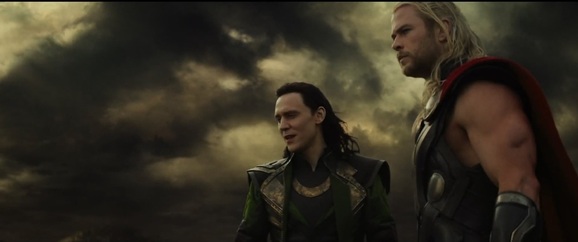 When an unspeakable evil returns from centuries ago threatening to destroy the universe, Thor must embark on a perilous and somewhat personal journey. The Dark Elves are very powerful, with even Odin and Asgard's forces unable to stop them. Reunited with Jane Foster, Thor much go against his own father's rule, reluctantly teaming up with Loki, in an effort to save the nine realms from total destruction. Alan Taylor's Thor: The Dark World is a worthy addition to the Marvel canon that is looser and more engaging than its predecessor. While Kenneth Branaugh's original film did feel much more Shakespearean, Taylor's version is much more successful at capturing this hybrid of science fiction and fantasy filmmaking. Like most sequels, Thor 2 is bigger, louder and more epic than its predecessor and I gotta say I had more fun. While the Dark Elves sound silly I found them to be a strong villian for Thor: Dark World, certainly upping the ante while delivering a fun, albeit derivative, main antagonist. With all that out of the way, the real reason to watch Thor: Dark World is Tom Hiddeston. His portrayal of Loki is still by far the most interesting aspect of these movies. Hiddleston gives this character so much added depth and dimension, adding so much more than what is written on the page. Thor: Dark World is nothing to write home about but it's a successful sequel, especially considering Thor's adventures still remains one of the harder superheros to capture on the screen. 7/10
0 Comments
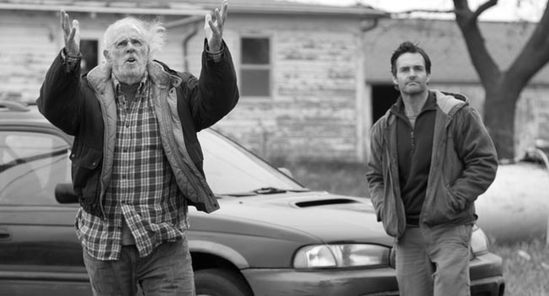 Woody Grant, an elderly gentlemen who is starting to see the ill-effects of Alzheimer Disease, has just received a letter declaring he has won a million dollars. You know the type, the marketing scams that you throw away in the blink of an eye. Not Woody, he is convinced he has won this money, getting his son, David, to grudgingly agree to drive him to Nebraska so he can claim his winnings. Alexander Payne's Nebraska strikes the perfect blend of comedy and drama, masterfully capturing the stagnant life many Midwesterners live. This is really a father-son film, with Woody and David coming off as bitter opposites at first, only to recognize how truly similar they are. They both feel the effects of a stagnant, unexciting life with each hoping for something to slam them out of neutral, whether they consciously realize it or not. Woody is a character who is seriously flawed; he's an alcoholic, an unfaithful husband, and a generally crotchety old man and yet the film makes him a deeply sympathetic character. Nebraska slowly unwinds more details of Woody's life, revealing a good man at nature whose been broken down over the years due to his inability to say no to anyone when they ask for help. Nebraska is a very funny film, with Payne masterfully capturing the awkwardness that extended family arrangements can be. From the manufactured conversation starters to the awkward silence, Payne creates a portrait of family that is very funny but poignant as well. Much like life itself Alexander Payne's Nebraska is both a fun comedy and poignant drama, featuring extremely strong performances by everyone involved. 8/10 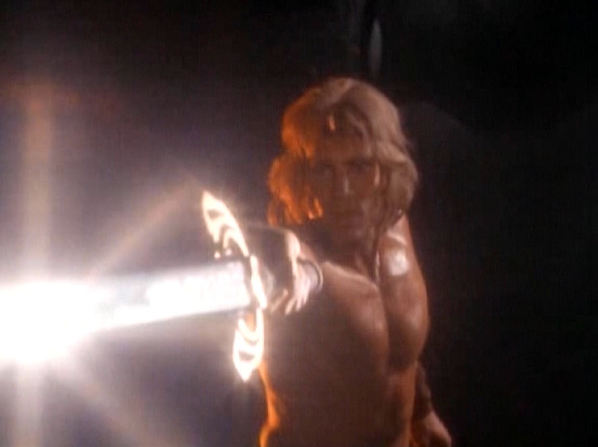 After the warrior Deathstalker stumbles across an old witches' lair, He is tasked by the witch to obtain the three "powers of creation" which consist of a sword, chalice, and amulet. It's a race against time, as these three items are also being seeked out by Munkar, the evil sorcerer, who plans on using them for nefarious purposes. On his journey Deathstalker enters the Big Tournament run by Munkar himself, which sets out to find the strongest warrior and make him king. Of course Munkar's intentions aren't trustworthy, as he holds the princess of the land hostage and plots to have Deathstalker killed. James Sbardellati's Deathstalker is a low-budget, Conan the Barbarian rip-off thats cheesy and sleazy fun. Richard Hill as Deathstalker can only be described as a Fabio version of Conan the Barbarian, He's not so much a brute though, more a John McClane type character whose disenchanted by this idea of heroism, having no desire to go on this mythical quest. Deathstalker makes the most of its low budget with creativity and atmosphere, making a world that is quite impressive. Through large amounts of handheld photography and smoke & lighting effects, Deathstalker creates a chaotic and deadly world where danger lies around every corner. The script for this film is loaded with machoism and nonstop adventure but what I found interesting is its comedic merits. There is a lot of silly dialogue throughout Deathstalker, much of which is unintentionally funny, but there is also some great intentional comedic moments too. This is one of those "bad" films that's so charming in its go-for-broke attitude that you can't help but enjoy the experience, however flawed it may be. There are so many bizarre moments throughout Deathstalker like when the Sorcerer turns one of his henchmen into a woman, or the little muppet monster he feeds eyeballs, fingers, etc, making Deathstalker creative in the funniest way possible. 7.25/10 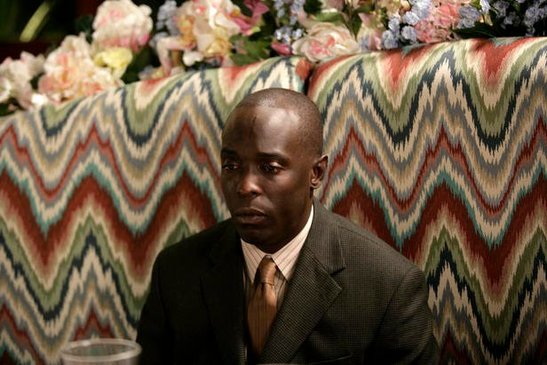 The pseudo sequel of sorts to Happiness should not be even thought of in that regard. I think this is why Solondz chose to make all the characters completely different actors as a way of distancing the two films. For example, Phillip Seymour Hoffman's character in the original is now played by a Michael K. Williams. Life During Wartime is exactly what you would hope to expect if you are a fan of Todd Solondz. It's a heart wrenching, hysterical, uncomfortable film which follows a family of individuals as they navigate through the world as we know it. Todd Solondz is so good at finding the beauty in things that are thought of as vulgar and/or disgusting by the common man, and this film is no exception. The film really studies the beauty of despair and gives us insight into the human psyche when dealing with daunting emotional issues in a way only Solondz can. Life During Wartime very well could be Solondz most beautiful film from an aesthetic perspective too. It's fantastically written and features a great cast of character actors whom all do great jobs. I think the biggest surprise for me was just how much this film resonated on an emotional level for me, with a few scenes in particularly that hit me squarely in the gut. Life During Wartime once again showcases Solondz unique skill set, delivering another strong and original story. 8.25/10 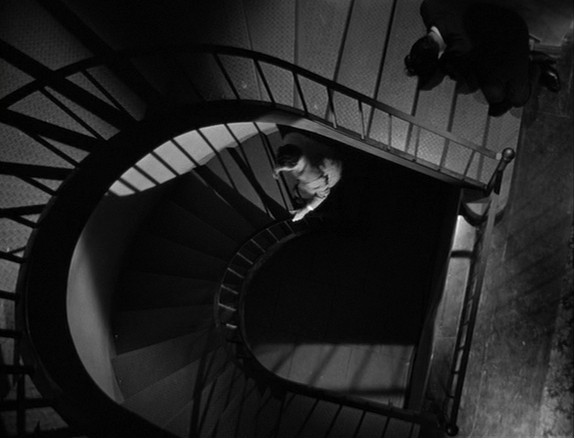 Helen Capel, a mute because of a childhood trauma, cares for Mrs. Warren, a demanding widow whose extremely wealthy. Hellen has fallen in love with Dr. Parry, who understands her affliction and passionately loves and cares for her anyway. When women start being murdered, all of which suffer from physical handicaps, Helen fears she may be next. Robert Siodmak's The Spiral Staircase is an expressionistic, gothic piece of filmmaking that works as both a horror film and a psychological drama. While the threat of the murderer is always present and a part of the story, The Spiral Staircase spends a good amount of time focusing on Helen's personal demons, capturing her constant struggle with being mute and her inability to overcome it from a psychological perspective. It's a beautifully shot film, with tons of expressionistic lighting, but the film uses a surprising amount of surreal moments centered around Helen's affliction. Dorothy McGuire does a great job as Helen, with a performance that sure wasn't easy to pull off convincingly. The way the killer is captured throughout is definitely the highlight of the film for me, with Siodmak simply using a pair of gazing eyes, stalking and watching over Helen and his other victims. The murder sequences are uniquely photographed and unforgettable, being a great example of how less can be more in terms of capturing violence and horror on screen. Using both lighting and shot compositions, we never see any violence on screen, which only makes these sequences more alarming. 8/10 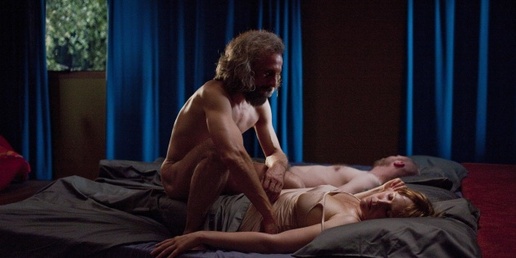 Camiel, a dirty unkempt man, arrives at the doorstep of Marina and Richard's beautiful home asking to take a shower. He is immediately greeted with violence by Richard, being thrown off the property. Marina, appalled by her husbands behavior, invites Camiel into their home for a bath. This invitation is just the beginning of a series of unsettling events that slowly destroys the facade of this wealthy and happy family, their three children, and the family nanny. Alex Van Warmerdam's Borgman is a film that borrows heavily from Pier Paolo Pasolini's Teorema in creating an uneasy portrait of a family that slowly tears itself apart. This is a film that lives and dies with its ability to intrigue, but unfortunately the film never really has much to say at all. There really is no major theme or point to this movie, except in making a oeculiar film. Thanks to the opening sequence which finds Camiel being hunted down by a Priest and his companions, the audience has a pretty good idea that Camiel is something demonic, possibly the devil himself. This opening sequence really killed some of the intrigue for me and it's completely unneccessary, giving the viewer too much information about Camiel early on. While Teorema is subtle and incredibly brooding, Borgman's applies a lighter tone with much more comedic moments sprinkled around the monstrosities. It's similar to Dogtooth in that way, putting a lot of energy and attention into being offbeat. The disintegration around Marina and Richard's relationship is certainly the high point of the film, with Warmerdam establishing the relationship dynamics between these two even before Camiel begins to have his way with them. Alex Van Warmerdam's Borgman is not a bad film by any stretch but it feels like an unnecessary one given Pasolini's Teorema similiar intentions. 6/10 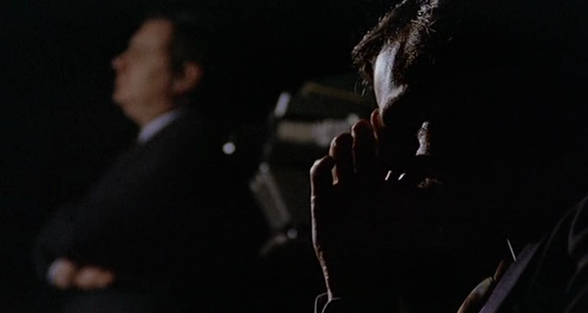 Enzo G. Castellari's Street Law is a film focusing on the common man rising up, when the police and laws around him do nothing to put heinous criminals behind bars. The film's central protagonist Carlo is a man who gets in the way of a group of bank robbers and ends up paying for his heroism, nearly getting beaten to death. Severly mutilated, Carlo goes to the police station to bring these men to justice but when the police have no luck finding the suspects, Carlo searches for them himself. Enzo G. Castellari's films are always frantic, intense, and borderline defeatist when it comes to the state of violence in society. Street Law is no different, opening with a rather epic montage of violence and mayhem, showing heinous crime after henious crime. Highly stylized, the film features lots of slow motion, an epic addictive soundtrack, with quite a few over-the-top moments that make Street Law a ton of fun, even if it's a little self-indulgent. Franco Nero stars as Carlo, doing a fantastic job at capturing a man who really is ill-prepared emotionally and physically for the task at hand. His character is deeply emotional throughout, captuing the determination and emotional anguish which a common man would have going into a situation like this. 7.25/10 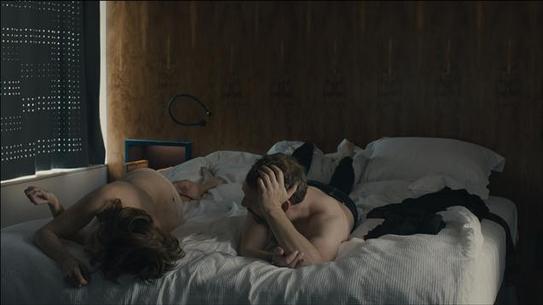 Joanna Hogg's follow-up to Archipelago, leaves the vacation setting behind focusing instead on the idea of home and how much it can mean to some people. Exhibition is an intimate and intricate examination of a pair of contemporary artists who have decided to sell their home. The actors in the film aren't given names, but the female character is the main focus of this film. She is a very eccentric artist, and as they get closer to selling the house her insecurities both in herself and in her relationship begin to suffer. This causes much strain on the relationship, with the male figure being someone who shuts himself off emotionally, and the female character craving the opposite. They share very different working strategies as well. While working, the female character seeks to be undisturbed, almost detached from everyone and everything. On the other hand, the male character is much more open to critique and criticism. This is the other interesting examination in Exhibition, the variations which exist in the creative process. Exhibition is a very artfully crafted film, with cinematography that really comes alive in making this home almost a character of its own. The film is stunning and a really beautiful piece of art in its own right, but I felt quite detached emotionally from the plight of the characters. I understood what the couple was going through but It never really hit me emotionally, often finding myself more intrigued than absorbed. That being said, this is a very effective portrait of a character who struggles to express themself. She is someone who is suffering inside and struggling at all costs to let out this emotion, which I did find fascinating. Joanna Hogg's Exhibition is a very slow paced intricate study of the artistic process, capturing the power and comfort one can feel in a place where they call home. 8/10 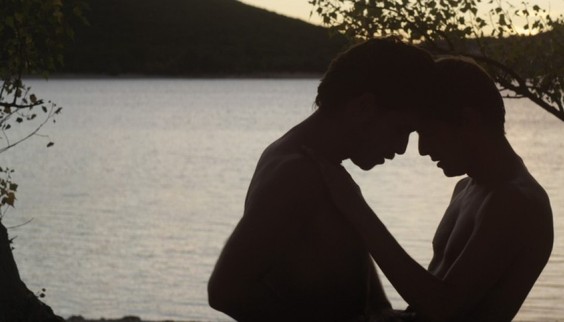 During the summertime in France, Franck, a young, homosexual man, frequents a cruising spot, tucked away on the shores of a lake. On one of his visits he notices Michel, an attractive man, who he instantly becomes enamored with. Michel already has a lover, leading Franck to befriend Henri, an older man, who frequents the beach even though he isn't a homosexual per se. One night while leaving the lake, Franck witnesses Michel drowning his lover in the lake. He is shocked, but nonetheless his passion for this dangerous man overrides his better judgement with the two men beginning a passionate affair. Alain Guiraudie's Stranger by the Lake is a phenomenal meditation on love and lust, capturing how our primal urges can simply over-power rationality. This is an extremely well crafted film, that works both as a relationship drama about love as well as an intense thriller. Franck is a character who knows just how dangerous Michel is, even having multiple opportunities to turn him over to the authorities, yet he cannot turn on this man he is so entranced with. Stranger by the Lake is a commentary on Love vs. Lust, showcased by the dichotomy between Frank's relationship with Michel and his relationship with Henri. Michel defines the sexual side of relationship, with Henri being the companion side, even willing to sacrifice himself in an effort to help free Franck from his sexual obsession. Stranger by the Lake is complex, subtle exploration of human emotion and the overall power of falling in love. 9/10 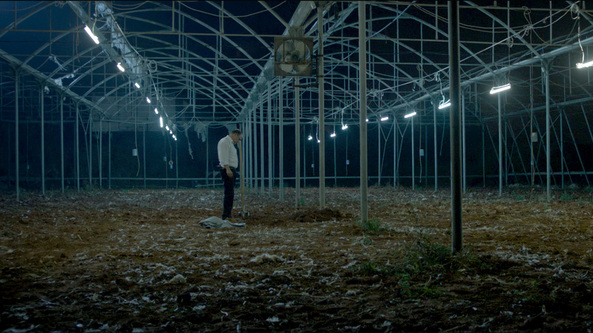 Navat Papushado and Aharon Keshales' Big Bad Wolves is the story of a child killer on the loose and the obsessive cop who will go to extreme measures to catch the man responsible. Together with a father of one of the victims, the two men take justice into their own hands going after the man they believe is responsible. Its no surprise that Big Bad Wolves is Tarantino's favorite film of the year as it shares a similar tone being both dark, ultra-violent, and comedic. It can be quite silly at times, with some of the character dynamics feeling unnatural being simply there to drive the story. The cinematography is very cinematic and probably the high mark of the film with tracking shots, slow motion, and transitions which give the film a nice atmospheric quality. Big Bad Wolves is a fun, sick ride and while it may be a little irresponsible in its glorification of violence there is no denying its entertainment value. 7/10 |
AuthorLove of all things cinema brought me here. Archives
June 2023
|
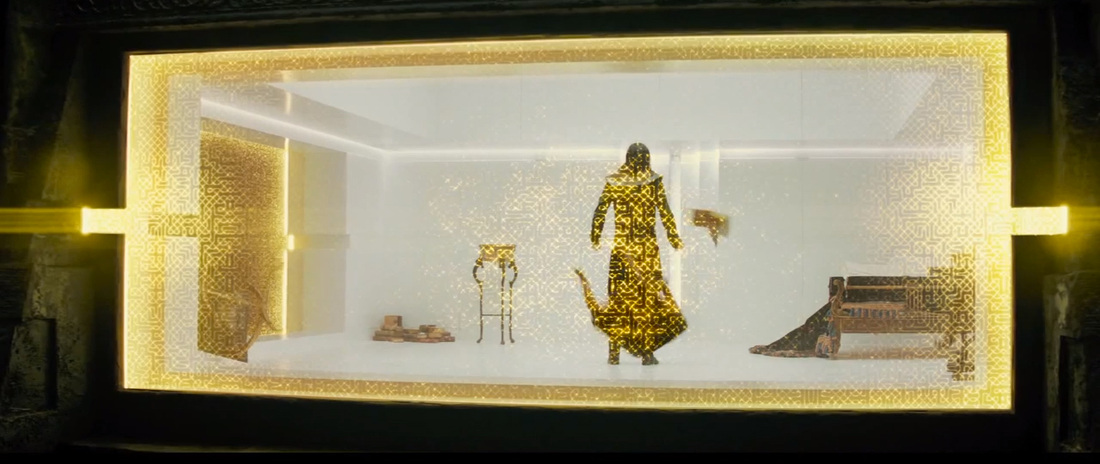
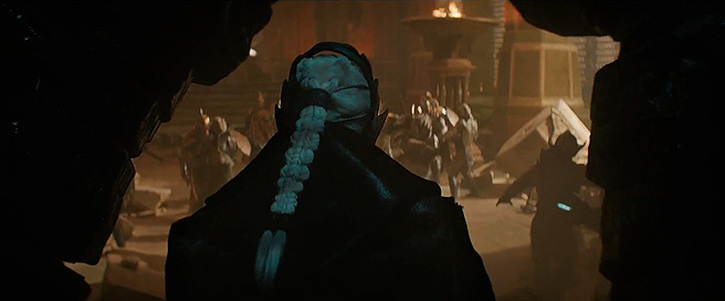
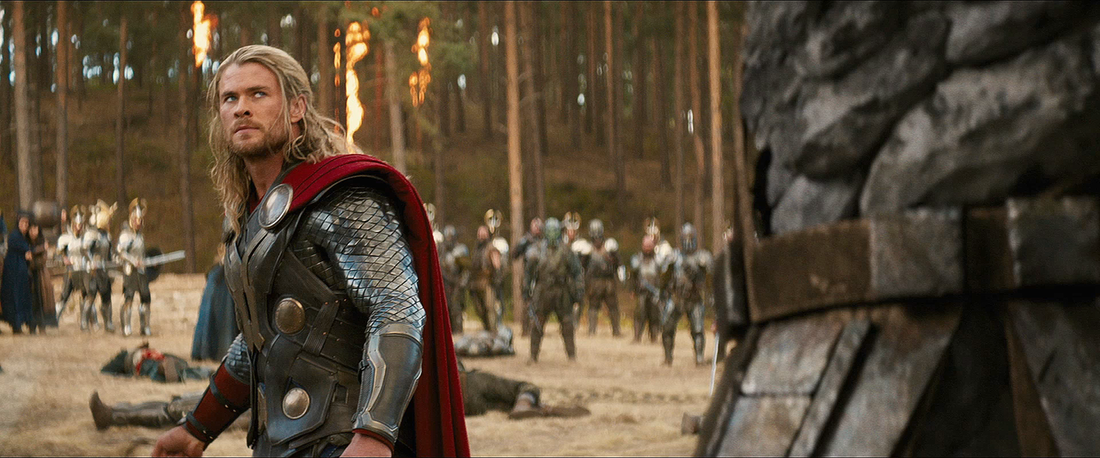
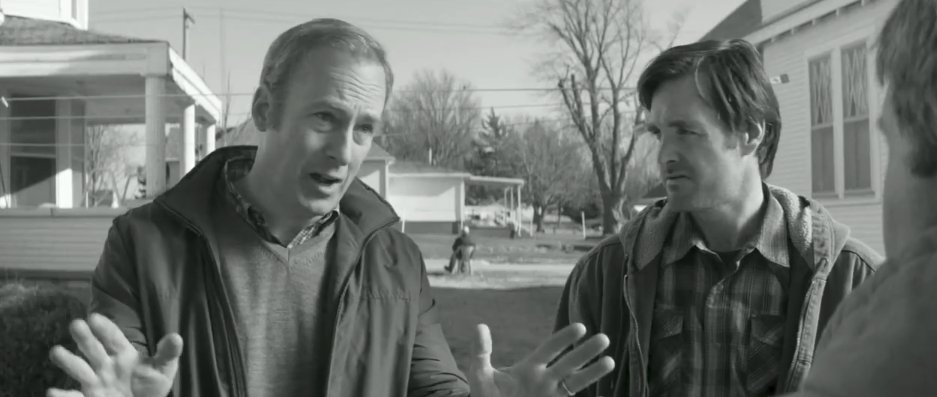
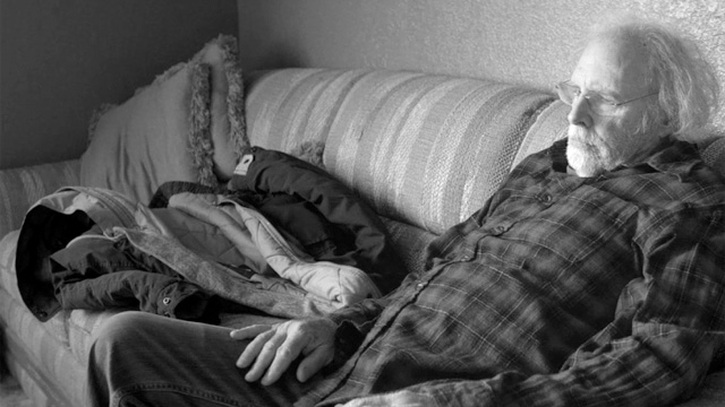
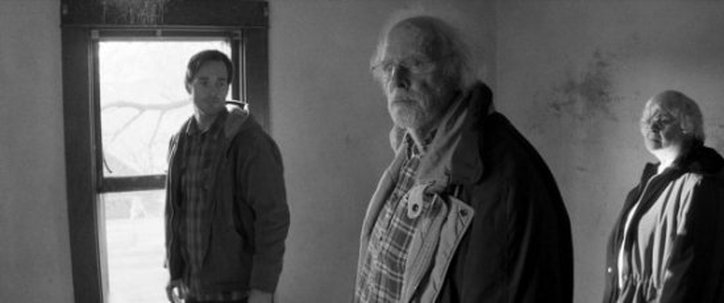
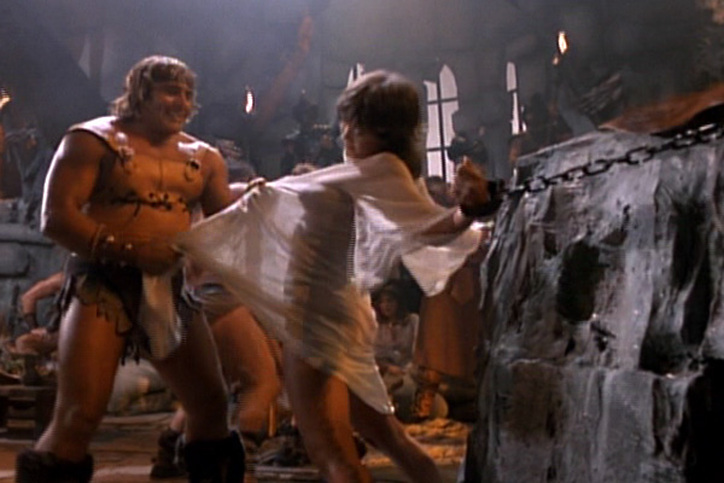
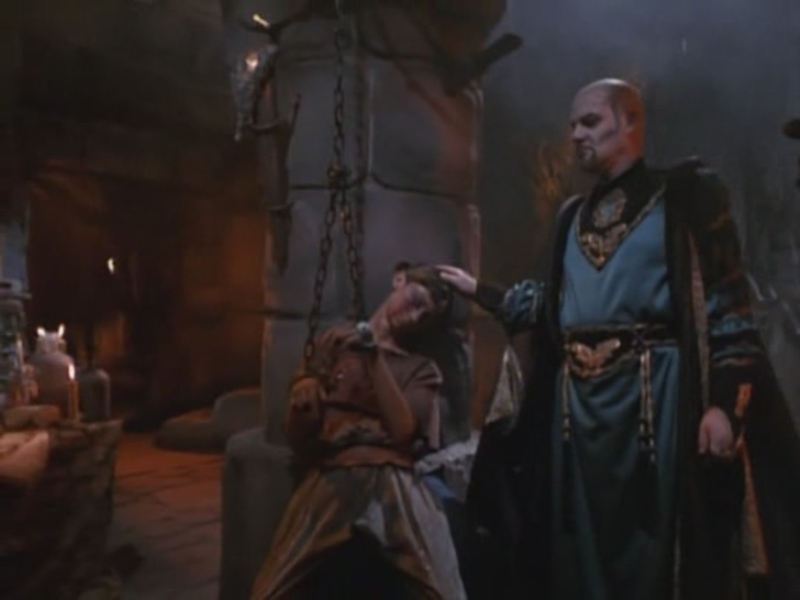
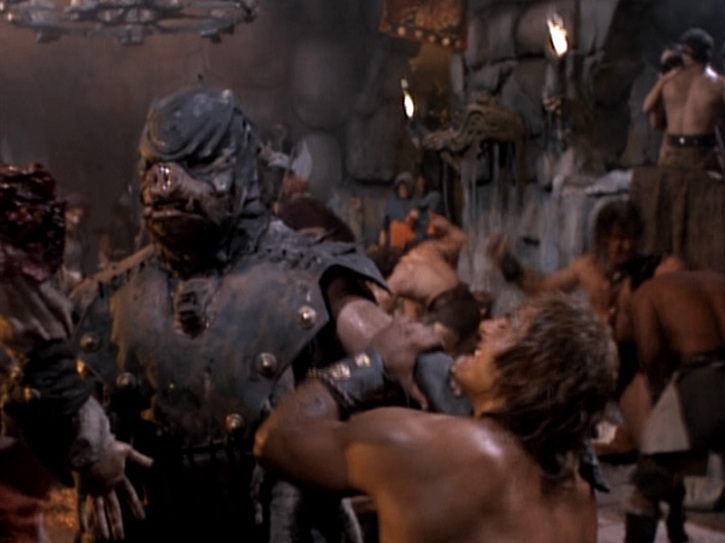
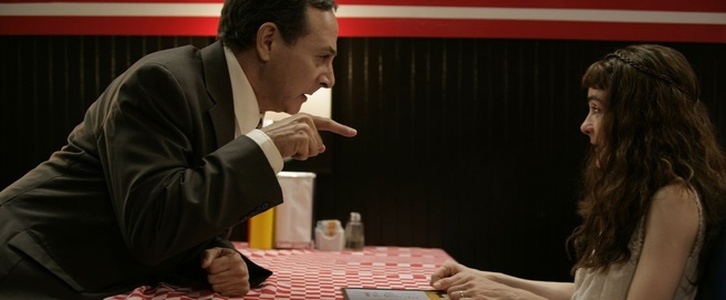
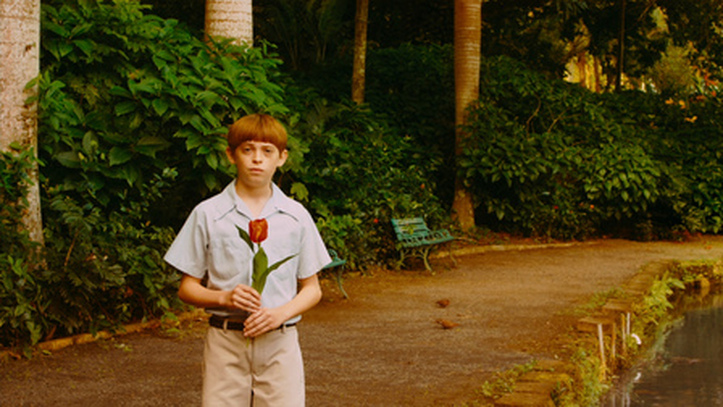
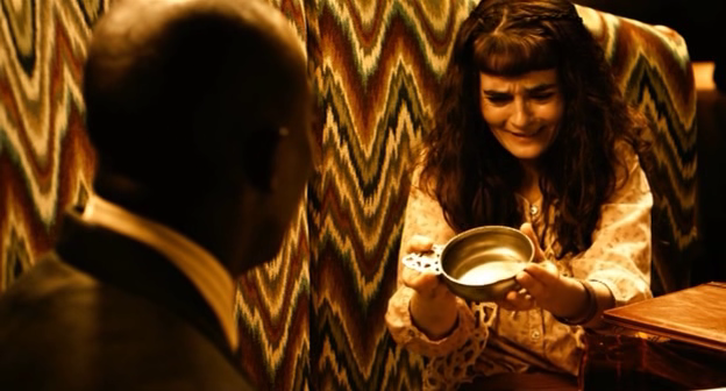
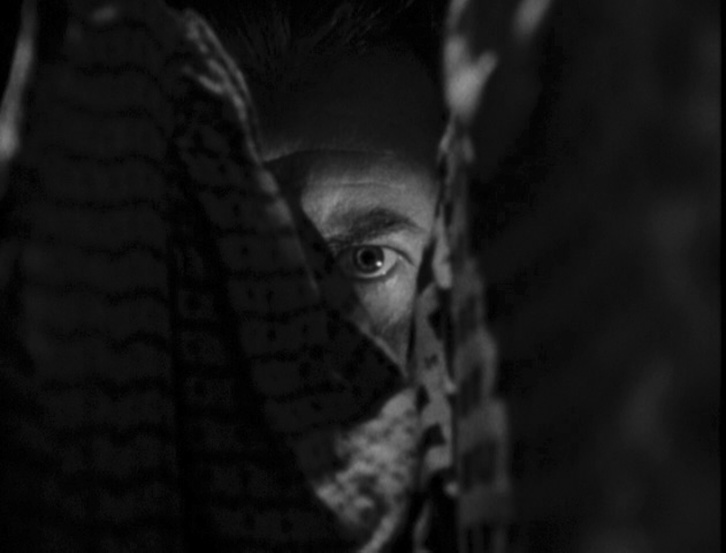
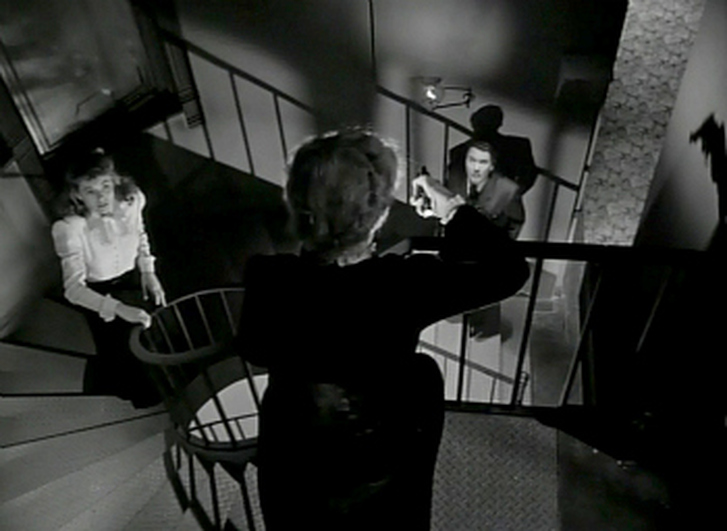
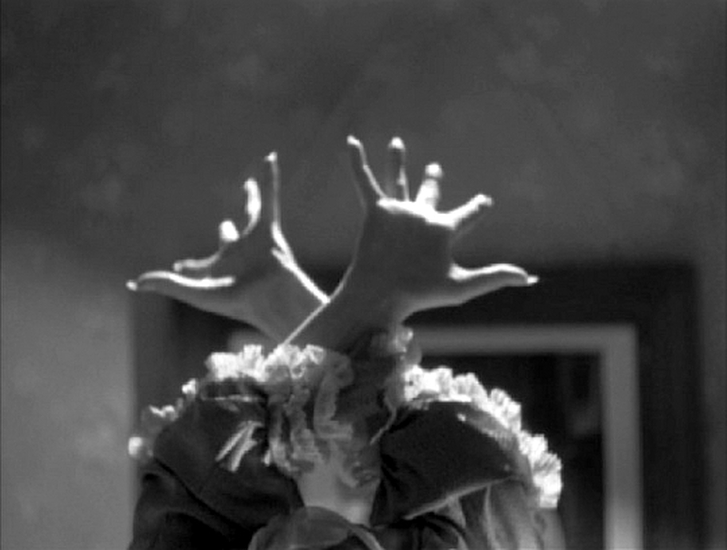
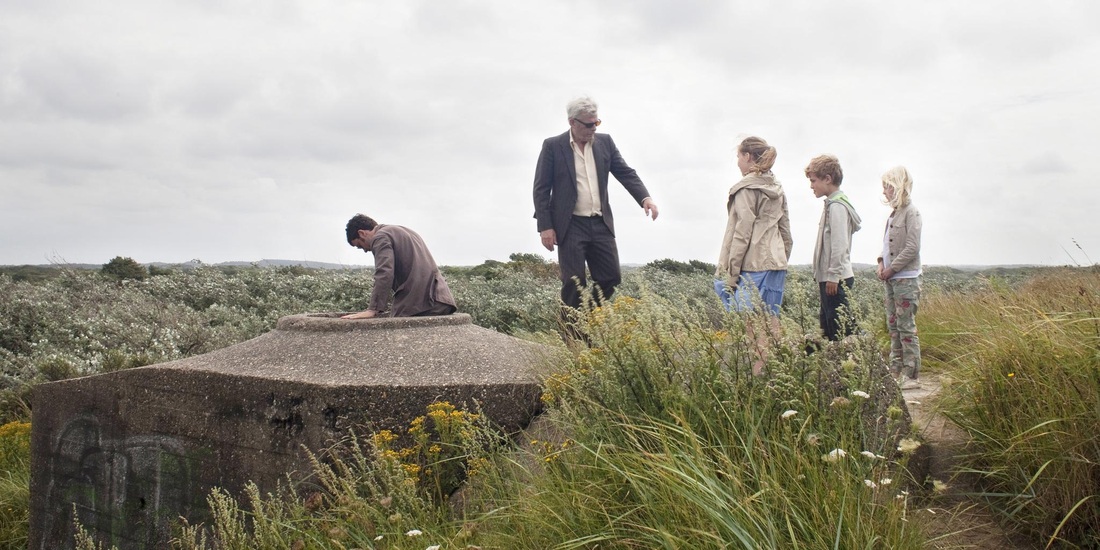

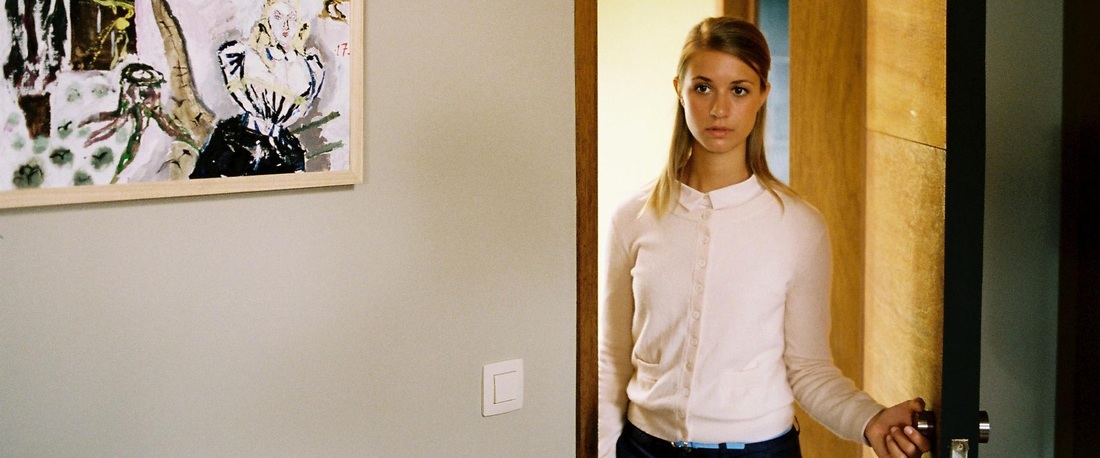
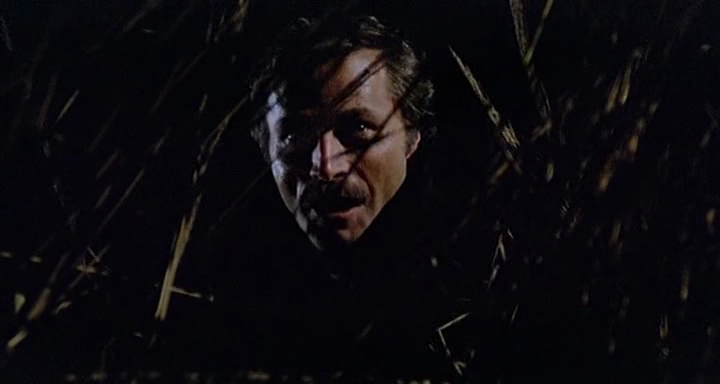
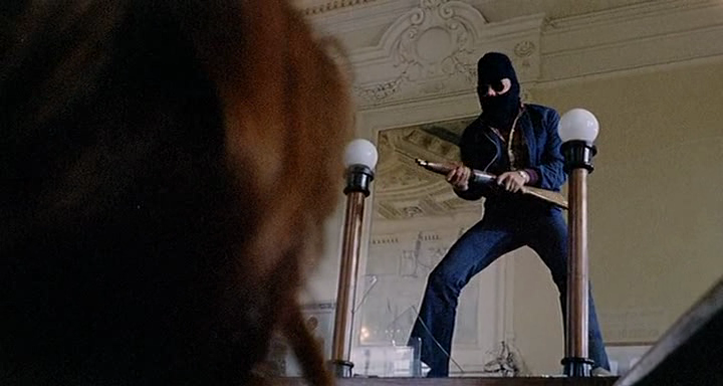
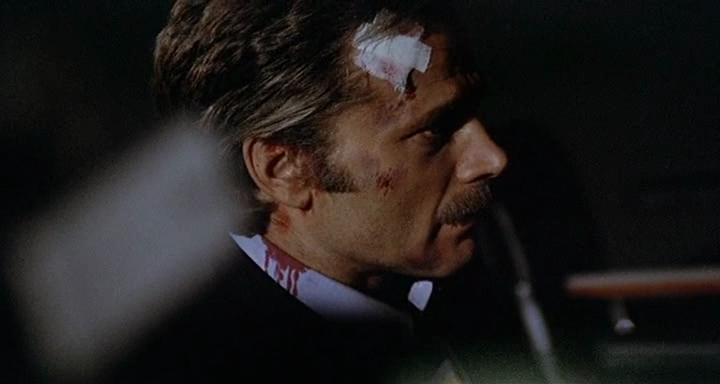
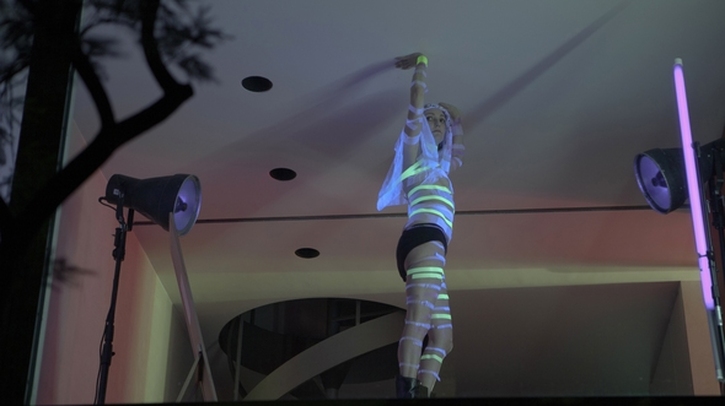
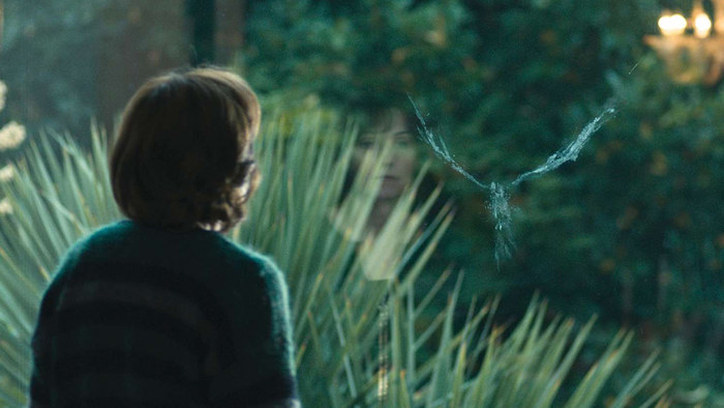
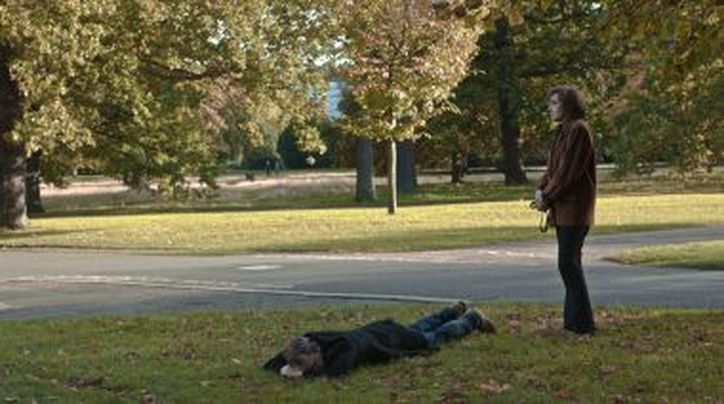

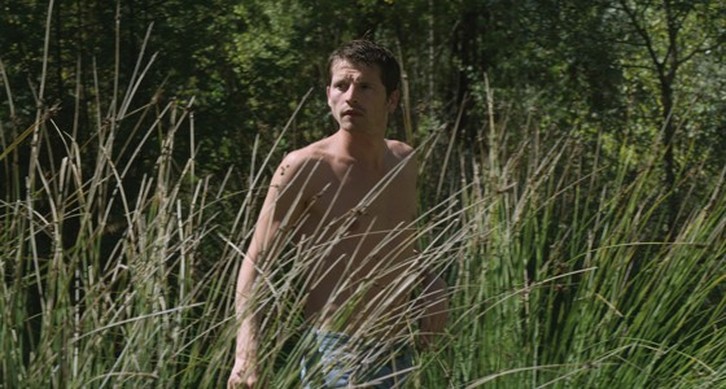
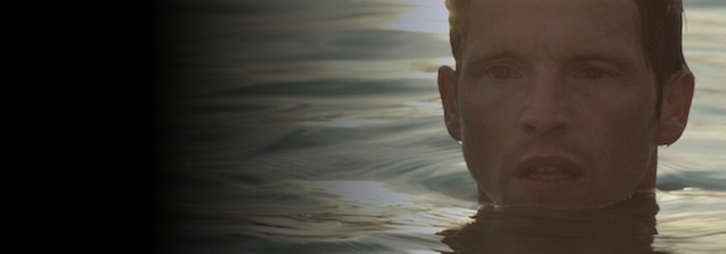
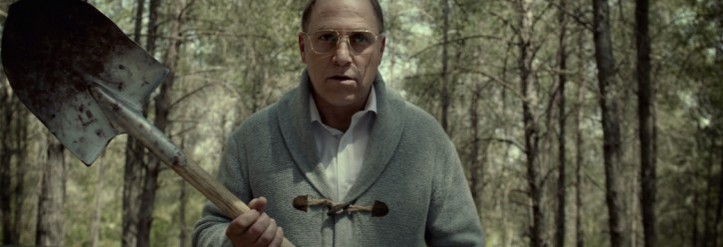
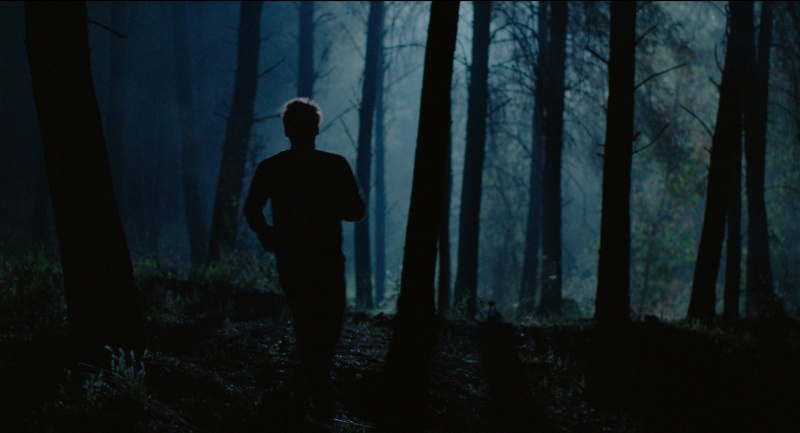
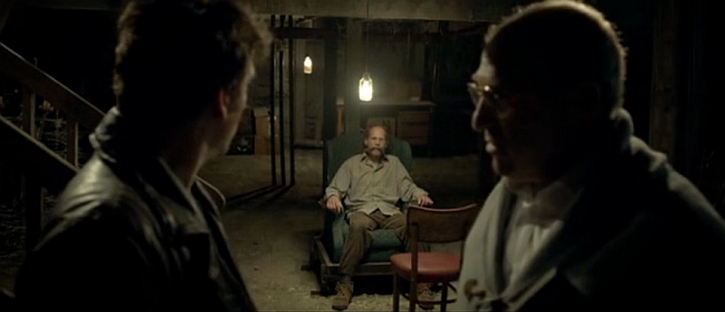
 RSS Feed
RSS Feed
